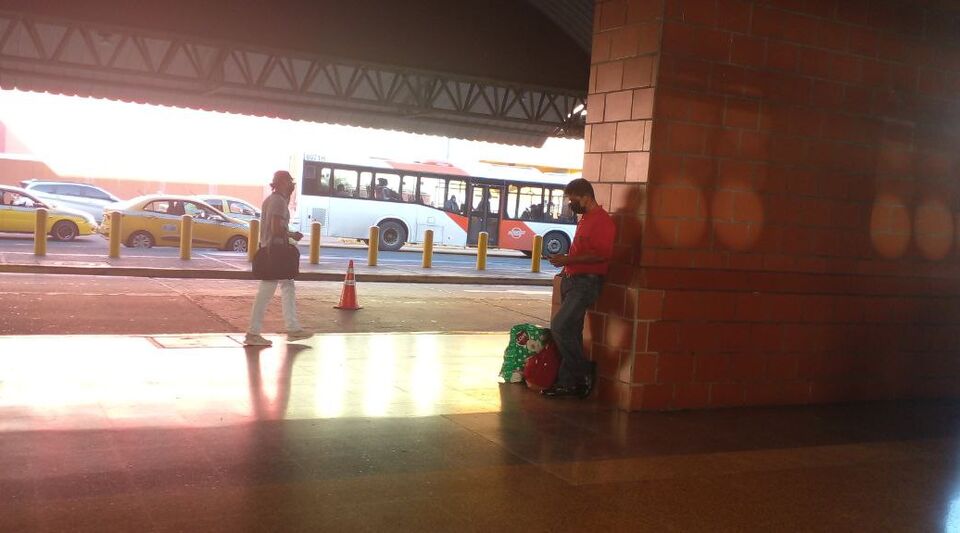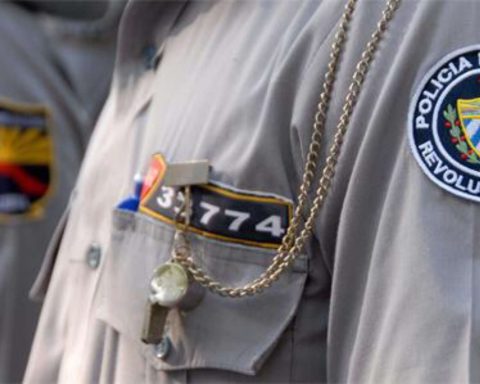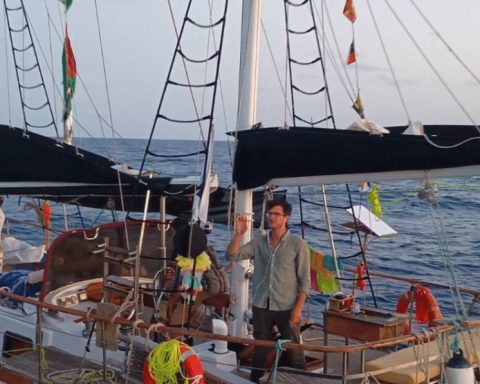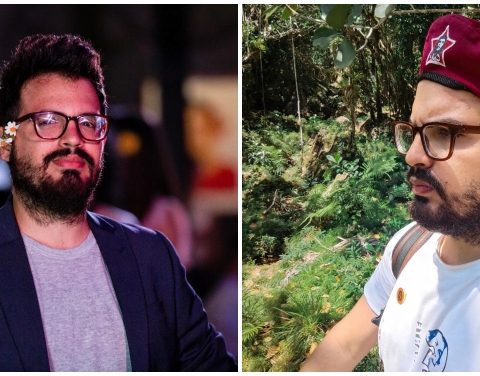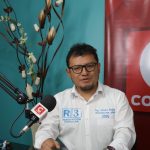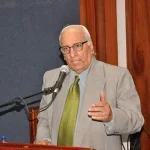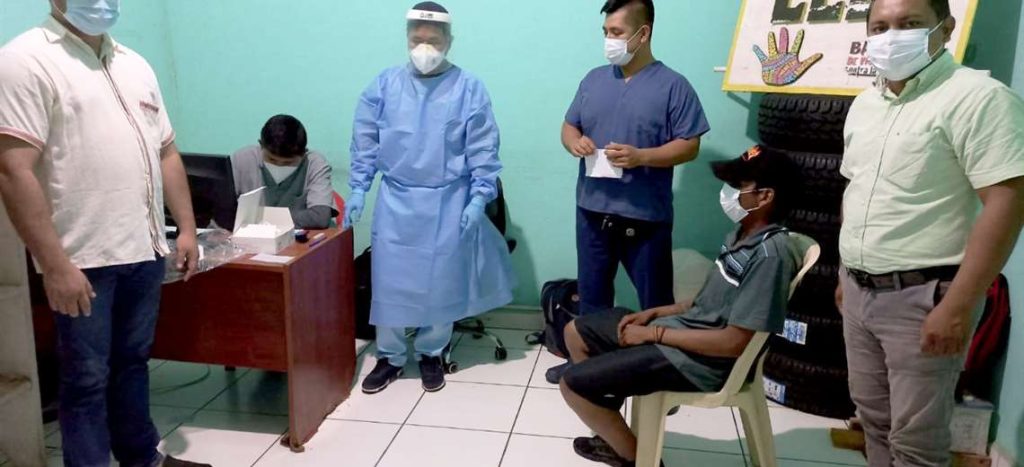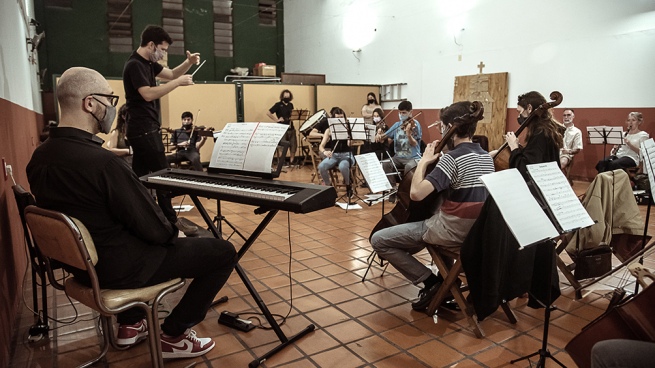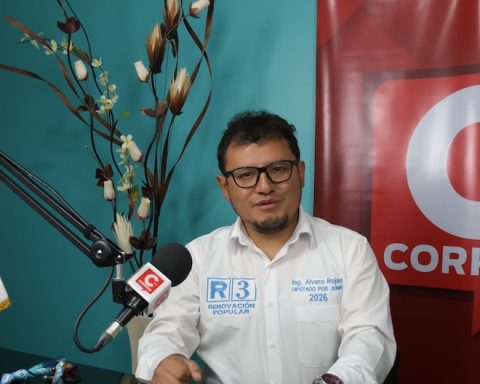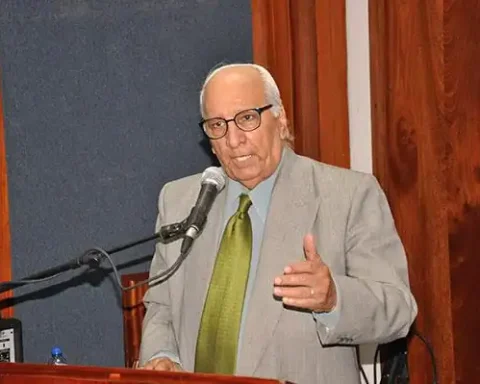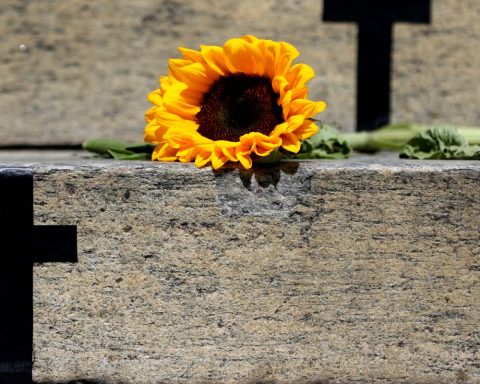Suitcases never weigh less than when they leave Cuba. This is well known by María Carla and her sister who, the second week of December, boarded a flight that left from Havana to Panama. It was the umpteenth time they had made the journey, until that moment they had gone to buy merchandise to resell on the Island but now the mules they do not intend to return: they gallop north.
“Business was going well until the pandemic hit,” he tells 14ymedio María Carla who, to disguise and that the immigration officials of Panama do not suspect her plans, has bought a round trip ticket, carries a false list of supposed products to buy and has booked seven hotel nights near the Albrook Mall in Panama, a gigantic commercial center.
“It changed our lives, in less than two years we moved to Havana and opened an illegal boutique where we sold everything from cell phones to underwear,” says the sister.
The sisters began their journey in the town of Corralillo, in Villa Clara, where they were born more than three decades ago. They first thought of requesting Spanish nationality through the so-called Law of Grandchildren, as they were descendants of Canaries, but the process gave them more anguish than results. In the end, they got the five-year tourist visa to visit and buy in Panama.
“It changed our lives, in less than two years we moved to Havana and opened a boutique illegal where we sold everything from cell phones to underpants, “says the sister.” We flew so much that we had a lot of points in the Copa Airlines loyalty program and it was a rare trip that we were not first class. “
With two people on each flight, the investment was much more lucrative. The profit figures with the sale “oscillated”, recognizes María Carla, but at the end of the year “I raised 6,000 dollars of profit and my sister another as many”. “We have not married, although we both have partners, but with that of the trips we always prefer not to make a solid union.”
Spa on weekends, frequent facial treatment, gym fee, apartment in Centro Habana near the line that divides the municipality with the El Vedado area, designer clothes, cell phones of the year and perfumes that remained in the air alerted to the neighbors that the two villagers did not live on the products of the rationing warehouse.
The bubble burst in April 2020 when their outbound flight was canceled due to the pandemic. “During this time we ate all the savings and sold almost all the electrical appliances that we had for use in our house,” acknowledges the young woman.
“Between the two of us we paid more than $ 3,000 because we had to purchase the round trip, round trip, so as not to raise suspicions”
Against all odds, they managed to buy a couple of tickets for the first half of this month. “Between the two of us we paid more than $ 3,000 because we had to purchase the round trip, round trip, so as not to raise suspicions.” Without much fuss, they finished off the apartment, packed a couple of suitcases, more props than reality, and left.
Now they are in Panama along with a dozen other Cuban migrants who arrived around the same days. This weekend they were in the Great National Transportation Terminal (Terminal de Albrook) from where buses leave for the entire country, but also for Central America and Mexico.
“When I left after almost two years without being able to travel, I felt that I could breathe again,” confesses María Carla. “If being in there we make a decision, we have already confirmed it out here. Pa ‘ back or to gain momentum. This trip is not to take cheap, it is to achieve a future “.
Near the sisters, in the same Albrook station, there is another Cuban family with two children. They shy away from talking to strangers and all their belongings are carried in a pair of backpacks. Together with the two women from Villa Clara, they plan to leave for Costa Rica and go “going up from country to country until they reach the border of the United States,” the father of the children briefly comments.
Moving in groups, although they can be easily identified by immigration authorities, also helps them protect each other. But not all are determined to embark on the route, especially since the “Stay in Mexico” program was re-established, a policy implemented during the presidency of Donald Trump that forces asylum seekers to wait in that country while their cases are processed in court. Americans.
José Alberto, a 42-year-old from Havana, had planned everything “to attack now” and not return to the island. After earning a living for more than six years importing electrical appliances, clothing and technological devices, he feels that it is time to “do a real life, give my son a future. “
Since the 2013 immigration reform, which eliminated the requirement of an invitation letter and the cumbersome exit permit to travel outside the Island, a thriving import business has developed
Since the 2013 immigration reform, which eliminated the requirement of an invitation letter and the cumbersome exit permit to travel outside the Island, a thriving business of importing merchandise in travelers’ suitcases has developed. These products fundamentally feed the informal sales networks but are also part of the raw material of many gastronomic, body care and other businesses.
Along with his wife and three-year-old son, José Alberto had meticulously planned the getaway. When his wife got pregnant they were able to travel to Panama, where she had the baby who now has that nationality. Since then they have been coming and going from Cuba to sell goods in the informal market. But the economic crisis on the island has made them make a decision.
“Inside Cuba you can no longer live fairly well even if you have money. Everything is destroyed,” says the habanero. “I don’t do anything with having certain comforts in my house and traveling frequently if you can’t even go out on the street, that’s not the country where I want my son to grow up.”
However, he doesn’t want to “go crazy” either. After a week in Panama, he has decided to try to stay longer in the country while waiting for the situation on the US border to change. “My son is Panamanian, I have worked a little here in construction and we hope to be able to obtain the papers, but we no longer return to Cuba.”
________________________
Collaborate with our work:
The team of 14ymedio He is committed to doing serious journalism that reflects the reality of deep Cuba. Thank you for joining us on this long road. We invite you to continue supporting us, but this time becoming a member of our journal. Together we can continue transforming journalism in Cuba.
